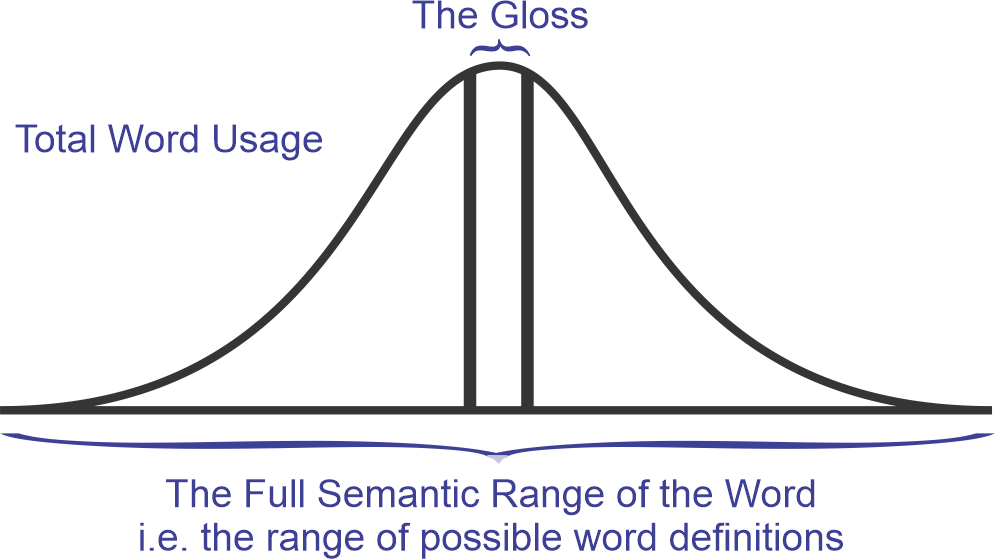
Each lesson will come in two parts.
Completing Part A might take you an hour or two...or it might take you a bit of time spread out over several days. You get to pace yourself. Find something that works for you. This is not a competition. You are seeking to learn a language, and it will be hard work!
Even when we Canadians are three years old, and our brains are learning more quickly than they will at any other time in our lives, it still takes us 3 or 4 years to learn English.
The key is to keep at it. Persevere!
Joel Spolsky wrote an interesting essay that connects to language learning. You can read an excerpt .
Excellent! Asking questions is perhaps the most effective learning strategy there is!
Save up your questions as they occur to you. I will plan to host optional classes by Zoom, once every two weeks, where you can ask quesstions directly.
Maybe you want to get some Greek into a Word document, or maybe into an email. This video will tell you how. (8:59)
This is a good time to review the names of each letter in the Greek alphabet.
Please read the first 7 pages of Tom Constable's . We are not just trying to learn a new language here, but to really do a deep dive into the book of Acts. This background information will help.
Enough background! It is time to dive into verse 1!
Start by pronouncing the verses aloud. Repeat after me as you listen to these. First, let's do them slowly.
Now, we can try to do them faster.
Please download and print this out. If you do not have a printer, please create the same sort of analysis on a piece of blank paper.
Please go to StepBible to help you analyze all the words...especially those you don't know yet.
For verses 1 and 2, I will walk you through the whole process. So please view:
- Bob's video on translating an interlinear rendering of Acts 1:1
- Bob's video on translating an interlinear rendering of Acts 1:2
When I created these videos several months ago, I had not yet discovered STEP Bible. So had produced my own lexicon. You will of course use STEP Bible.
I will distinguish between the "gloss" and the "definition". The gloss is a brief "definition" while the "Definition" tries to give you a feel for the full semantic range of the word. ("Semantics" is all about meaning. So the semantic range of a word = the range of meanings it can have.)
Here is a way to visualize the difference:


Once you are moderately happy with your interlinear rendering, then download and review the notes on this verse from the NET Bible.